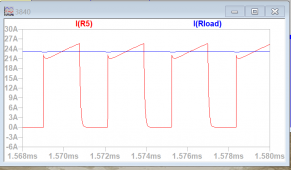Very noob question, I know wattage is voltage x amperage, but does this mean the wattage of a power source will always be the same? For example, if you have a 120 watt solar panel which is 12 volts and 10 amps, and you use a converter to lower the output to 5 volts, does that mean the amperage is now 24 amps? I'm just messing around with charging a 5v 2a portable phone battery that I can use to run a Raspberry Pi off of.
Does changing the voltage of a power source change the amperage?
- Thread starter CBiard
- Start date



